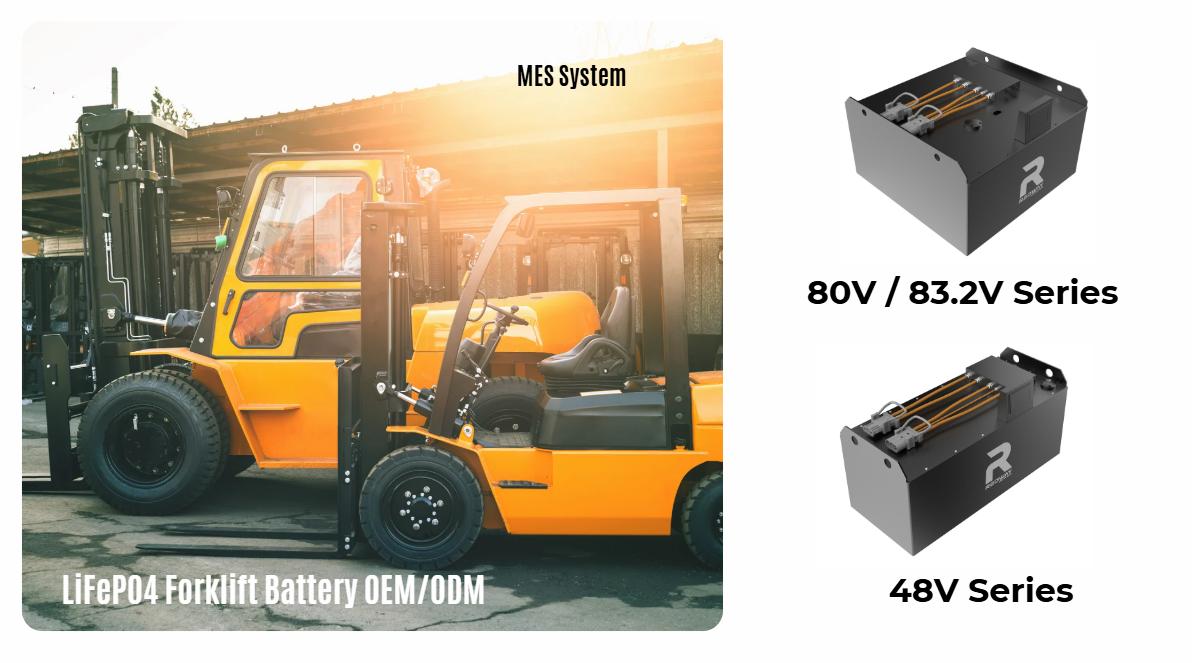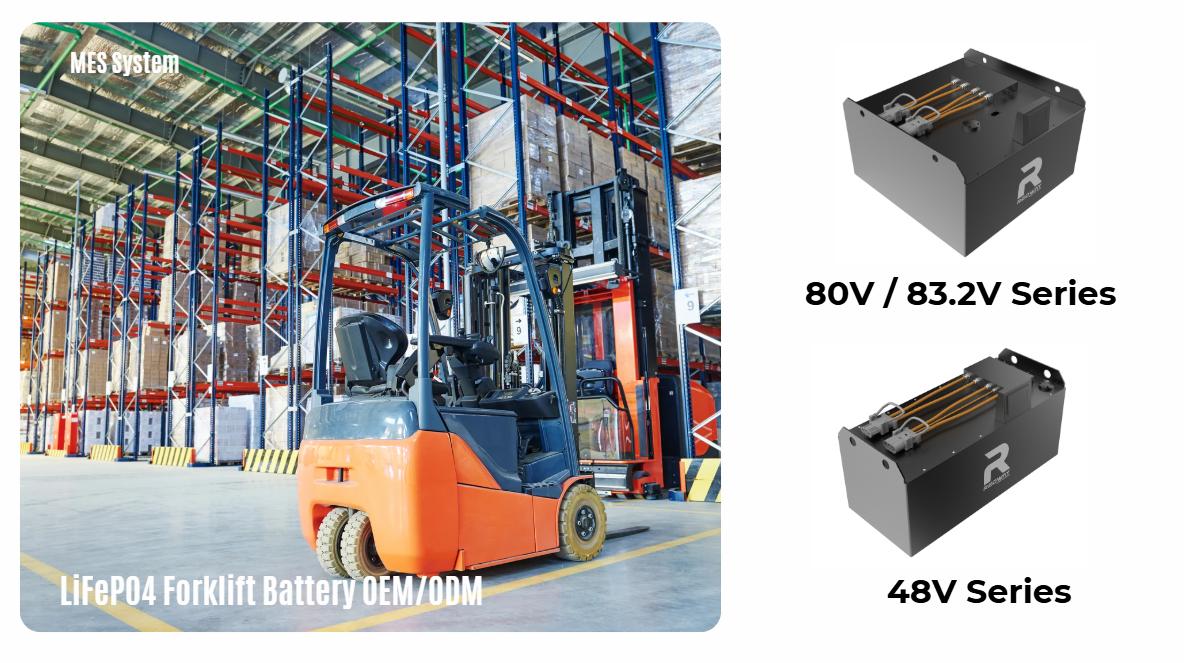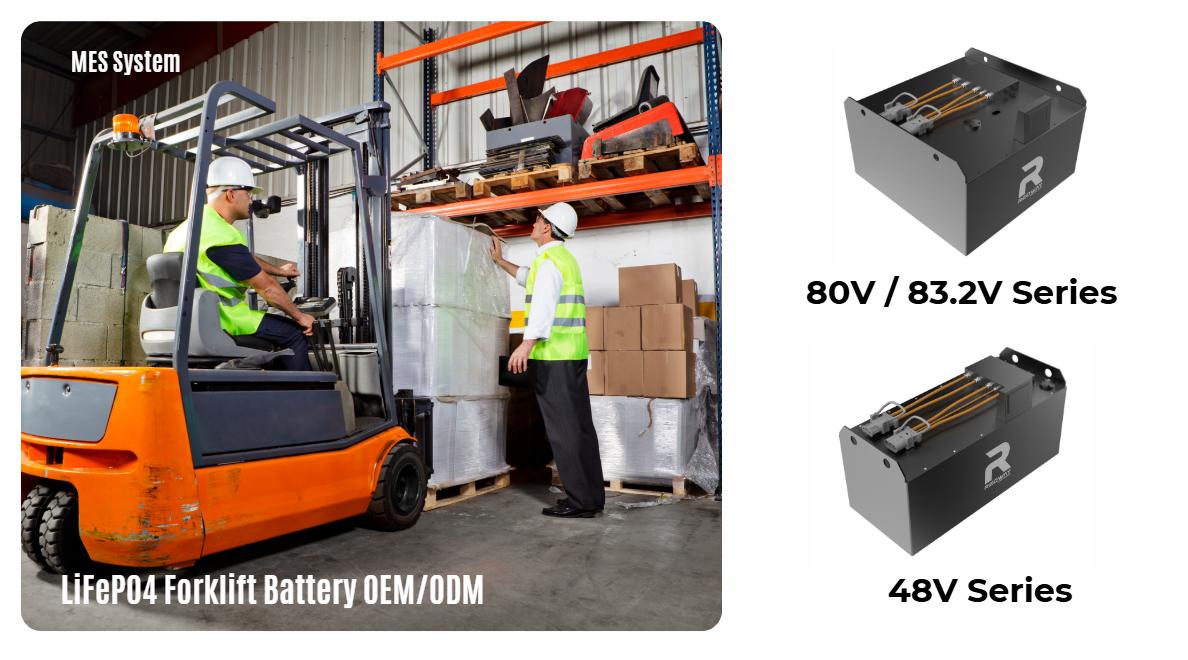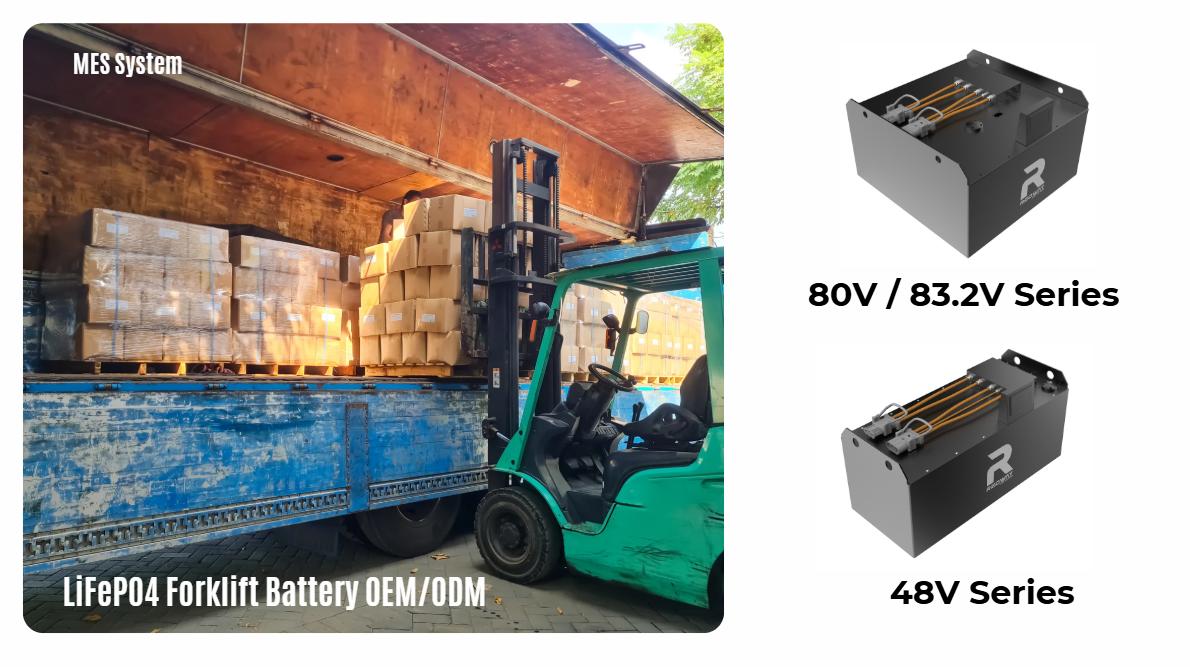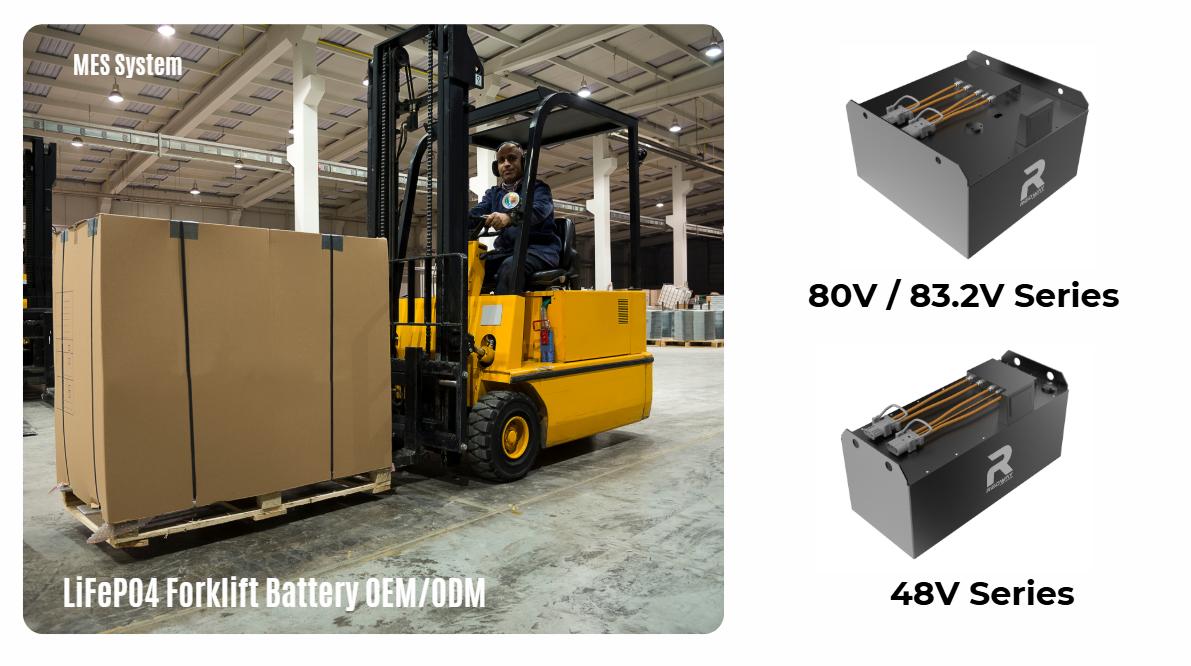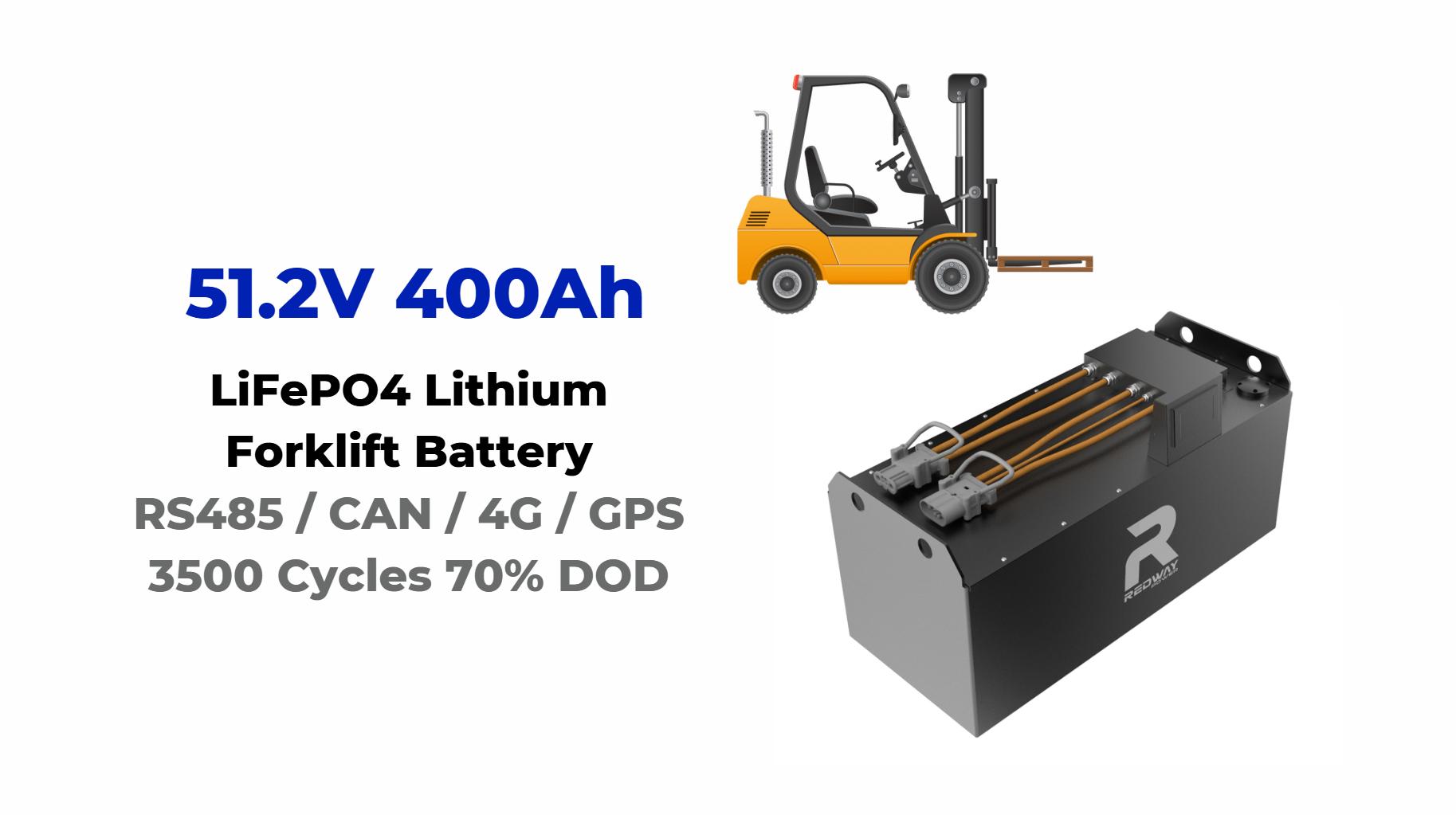
What Are the Benefits of Battery-Powered Forklifts?
Battery-powered forklifts are increasingly becoming the preferred choice for many businesses due to their efficiency, sustainability, and lower maintenance requirements. These electric forklifts utilize rechargeable batteries, providing a cleaner alternative to traditional gas-powered models. This article explores the benefits of battery-powered forklifts and why they are essential for modern material handling.
What Are Battery-Powered Forklifts and How Do They Work?
Battery-powered forklifts are electric vehicles that use rechargeable batteries to operate. Unlike traditional forklifts that rely on internal combustion engines, battery-operated forklifts run on electric motors powered by either lead-acid or lithium-ion batteries. This design allows for smoother operation, reduced noise levels, and lower emissions, making them ideal for indoor use.
What Are the Key Advantages of Battery-Powered Forklifts?
Battery-powered forklifts offer several key advantages:
- Reduced Emissions: Electric forklifts produce zero emissions during operation, contributing to cleaner air quality.
- Lower Operating Costs: The cost of electricity is generally lower than fuel, leading to reduced operational expenses.
- Less Noise Pollution: These forklifts operate quietly, creating a more comfortable working environment.
How Do Battery Operated Forklifts Enhance Efficiency?
Battery-operated forklifts enhance efficiency in several ways:
- Longer Operating Times: Modern lithium-ion batteries allow for extended use without frequent recharging.
- Opportunity Charging: These forklifts can be charged during breaks, minimizing downtime and maximizing productivity.
- Consistent Power Delivery: Electric motors provide smooth acceleration and consistent power output throughout the charge cycle.
What Is the Difference Between Battery Powered and Gas-Powered Forklifts?
The primary differences between battery-powered and gas-powered forklifts include:
- Emissions: Battery-powered forklifts produce no harmful emissions, while gas-powered models emit exhaust fumes.
- Maintenance: Electric forklifts require less maintenance; there’s no need for oil changes or fuel filters.
- Operational Costs: Electric models typically have lower energy costs compared to fuel expenses associated with gas-powered forklifts.
How Do Battery-Powered Forklifts Contribute to Environmental Sustainability?
Battery-powered forklifts significantly contribute to environmental sustainability by:
- Eliminating Emissions: They produce zero emissions during operation, reducing the carbon footprint of warehouse operations.
- Reducing Noise Pollution: Quieter operation helps create a healthier work environment for employees.
- Using Recyclable Materials: Many components, including batteries, can be recycled at the end of their life cycle.
What Maintenance Is Required for Battery Operated Forklift Trucks?
Maintenance for battery-operated forklift trucks includes:
- Regular Charging: Ensure batteries are charged according to manufacturer guidelines to prolong lifespan.
- Fluid Checks: For lead-acid batteries, check electrolyte levels regularly and refill with distilled water as needed.
- Cleaning: Keep battery terminals clean to prevent corrosion and ensure efficient power transfer.
How Do Lithium-Ion Batteries Improve Battery Powered Forklifts?
Lithium-ion batteries enhance battery-powered forklifts by:
- Longer Lifespan: They can endure more charge cycles without significant degradation compared to lead-acid batteries.
- Faster Charging Times: Lithium-ion batteries can be charged quickly, allowing for opportunity charging during work shifts.
- Reduced Maintenance Needs: These batteries do not require watering or equalization, simplifying upkeep.
What Expert Insights Can Help You Choose the Right Forklift?
“Choosing a battery-powered forklift is not just about immediate costs; it’s about long-term savings and sustainability,” says Jane Doe, an industry expert. “Investing in electric technology can yield significant returns through reduced operational costs and improved workplace conditions.”
FAQ Section
Q1: How long does a battery-powered forklift last on a single charge?
A1: Depending on usage and battery type, a fully charged battery can last anywhere from 4 to 8 hours.Q2: Can I charge a battery-operated forklift during breaks?
A2: Yes, opportunity charging allows you to recharge during breaks without damaging the battery.Q3: What type of maintenance do battery-powered forklifts require?
A3: Maintenance includes regular charging, fluid checks (for lead-acid batteries), and terminal cleaning.Q4: Are battery-powered forklifts suitable for outdoor use?
A4: While they can be used outdoors, it’s essential to consider weather conditions; many are designed primarily for indoor use.Q5: How do I know when to recharge my forklift battery?
A5: Recharge your forklift battery when it reaches about 30% capacity or at the end of each shift.

